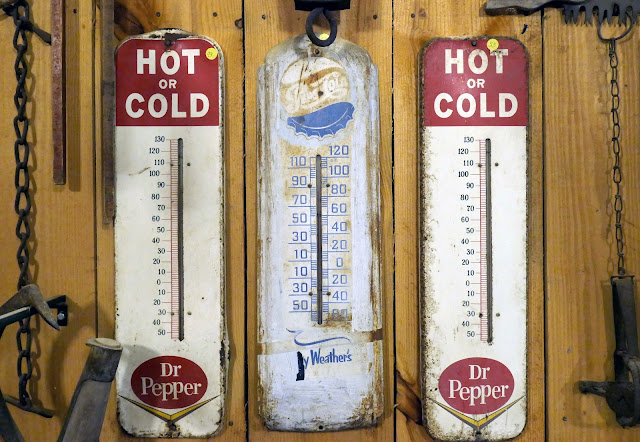Menopause can be a challenging time, especially if you are someone who experiences pronounced symptoms regularly. The hormonal changes that occur can cause a variety of experiences that affect your day-to-day comfort, but they can also lead to problems with sleep and energy levels if they are not kept in check. That can lead to additional imbalances that affect your health, driving a cycle that causes your menopause symptoms to continue getting worse. Luckily, there are a lot of choices for strategies that help generally, as well as a few that specifically help you get better sleep.
Sometimes postmenopausal sleep problems persist even after regular menopause symptoms die down. In those cases, it can be helpful to keep using the same strategies you used during early menopause to help balance your sleep schedule.
Bedtime Meditation
Meditation is a useful tool for practically any sleep condition, and menopause related sleep issues are no exception. By spending 10 to 15 minutes clearing your mind and consciously focusing on your emotional balance, you can release some of the day's stress and keep yourself from ruminating on upsetting events when you are trying to sleep. The result is often more restful sleep with fewer dreams that echo the day's stressors.
Daily Exercise
Exercise is another daily activity that has been shown to support regular sleep cycles broadly. That makes it a good first step toward treating them, no matter the cause. It has also been shown to help regulate the body's hormone production and reduce some menopause symptoms generally, so it is good for menopause-related sleep issues in more than one way.
S-Equol Supplements
If you are asking yourself what is s equol, you are not alone. This powerful supplement can help with menopause symptoms, but it is not as widely known as some other medical solutions. S-equol is a metabolite that forms from a specific compound found in soy, and it can mimic estrogen in ways that often lead to reduced menopause symptoms. That means it can help with sleep issues, irritability, and even hot flash relief. Adding it to your other strategies can help a lot, especially if you have tried several ways to get better sleep and you still find it challenging.
Climate Control
Since heat regulation is often an issue for women during menopause, setting the right climate control levels can be incredibly important. Letting yourself get too cold can make sustained sleep difficult when hot flashes die down, but a temperature that's too warm can make them worse. Additionally, it's worth thinking about how indoor humidity affects your comfort and perceived temperature. Sometimes the key is not to change the thermostat, it's to add a humidifier or dehumidifier.
Curb Snacking at Night
This is another trick that's just generally good for sleep, even if you're not experiencing menopause symptoms. Eating food too close to bedtime can make you restless because it picks your metabolism back up and gets your body using energy when it should be winding down. On top of that, it can lead to interrupted sleep once you do doze off. Curb your snacking two or three hours before going to bed to help support better rest.


